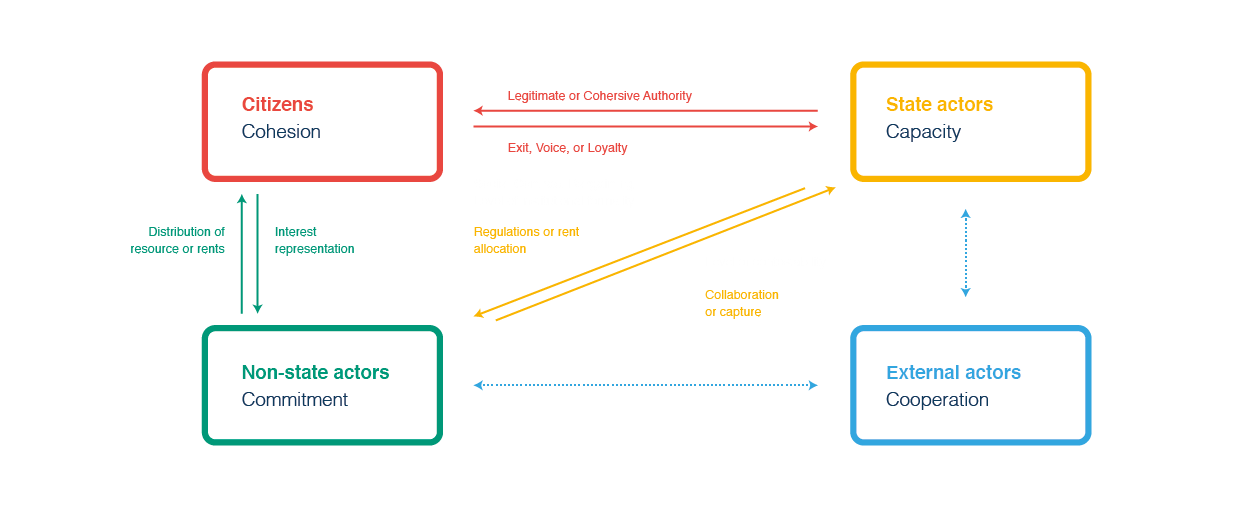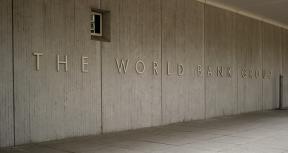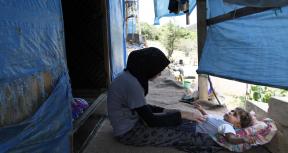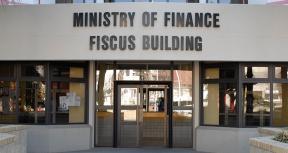Main Findings
Social contract diagnostics are useful analytical innovations with relevant operational implications, especially in countries where social contracts are in transition.
Diagnostics
- This evaluation finds that social contract diagnostics add significant value to the World Bank’s work, provided they are carefully selected, executed, and disseminated. Such diagnostics help teams understand policy failures, local political dynamics, and intractable development challenges and contribute to building partnerships.
- Well-executed social contract diagnostics share similar features: they were conducted by multidisciplinary teams with governance, social development, and political economy experts; they relied on nontraditional data sources, including barometer surveys and perception-based data; they analyzed historical social contract change, and identified social contract stakeholders involved in the bargaining and the power imbalances that lead to dysfunctional social contracts.
- However, the World Bank misses opportunities to engage key counterparts when it does not disseminate social contract diagnostics.
Operational Implications
- The World Bank’s ability to translate social contract diagnostics into operations depends on whether social contracts are in transition or static.
- The 2015 Middle East and North Africa (MENA) strategy represents the World Bank’s most ambitious attempt to translate social contract diagnostics into country operations during a social contract transition. Anchoring the MENA strategy around social contract renewal created new policy reform opportunities and improved the World Bank portfolio’s coherence.
- The World Bank has also shown agility in responding to emerging social contract opportunities outside MENA.
- In countries where social contracts are static, the World Bank’s ability to align its lending portfolio with social contract diagnostics is limited. In these “status quo” countries, citizens tend to be disengaged, have low capacity to mobilize, and have low expectations of the state’s ability to deliver services and enhance citizens’ wellbeing. In these situations, the World Bank has yet to develop a concerted approach to ensure its lending does not exacerbate broken social contracts.
Tensions with the Business Model
The World Bank faces multiple challenges and constraints when helping countries renew their social contracts—challenges shared by other donors who use governance diagnostics to guide their operations.
- First, social contract interventions are in tensions with the World Bank’s current engagement approach, which prioritizes interventions requested by borrowing central governments’ executive. In turn, social contract thinking must consider other parties to the contract besides the central government, such as state and nonstate actors, citizens and other societal forces.
- Second, social contract transitions are long-term processes that do not fit into shorter-term country programs and lending instruments.
- Third, engaging in social contract transitions poses risks to the World Bank’s reputation as a trustworthy government partner.
- Fourth, staff with the skills to translate social contract thinking into operations are scarce, which is an obstacle to implementing social contract changes.
Lessons
Defining the World Bank’s role in social contract renewal, specific to each country’s social contract dynamics, can improve the World Bank’s coherence. This evaluation identifies three sets of conditions that the World Bank should take into account to gain traction on social contract issues.
These conditions include the following:
- The presence or absence of a social contract renegotiation within the country.
- The nature of the country’s social contract bargaining. This includes whether the social contract benefits the few or the many; whether it relies on corruption and clientelism; whether citizens and civil society can participate in the bargaining; whether the state is responsive to citizens’ social contract demands; and whether the state has the capacity and legitimacy to fulfill these demands.
- The World Bank’s comparative advantages in specific social contract situations. This includes its positioning compared with other development partners and its reputation and social capital among citizens and civil society.
To derive more value from social contracts diagnostics within the constraints of the World Bank’s operating environment, the World Bank must think critically about the conditions under which a social contract diagnostic can effectively guide its country engagements. This also requires more focus on citizen engagement, building partnerships, and building staff’s social contract–related capabilities.
Social Contracts Conceptual Framework
To understand how social contracts are shaped, how they change, and how external development actors, such as the World Bank, contribute to this change, a more elaborate conceptual framework is necessary. Hence, the evaluation team constructed the conceptual framework based on expert consultations, a structured review of the World Bank’s social contract research, and an academic literature review on social contracts. The figure, below, shows that the conceptual framework consists of four elements: (i) the main players that shape social contracts (corners of the rectangle); (ii) the types of influence or power these players exert on each other in the bargaining process (arrows); (iii) the nature of the institutional space where social contract bargaining takes place (center of the rectangle); and (iv) the ways each actor engages with existing social contracts at a given point in time. In many countries, there are multiple social contracts with subnational variations in state-society relationships; however, this evaluation focuses on national-level social contracts, which is consistent with the World Bank’s scope for social contract diagnostics.
A more detailed explanation of the framework is in appendix B.










